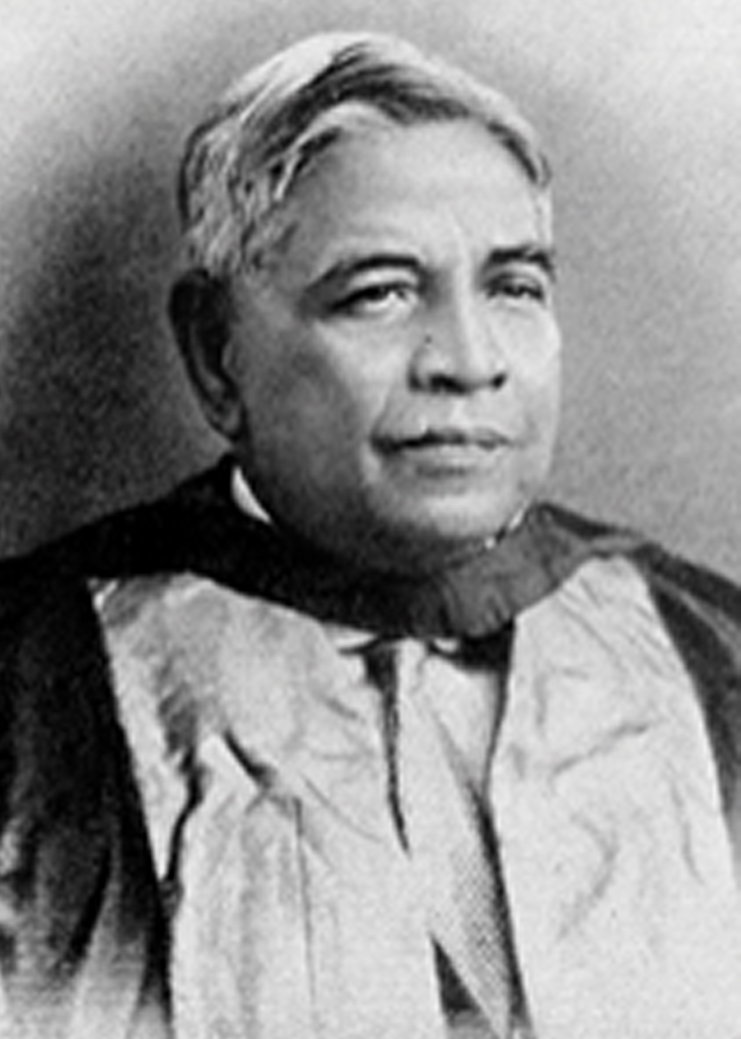Monishi Mohan Sen who passed into the night on October 23 missed being a centurion by less than two months.
Sen belonged to the last batch (1944) of ICS officers to be recruited and trained in India, and also the “Last of the Mohicans” to serve in Bengal.
When I joined the IAS in 1963, the successor service was just 15 years old, and the topmost civilians around were still “heaven-born” — Satyen Roy or Ronu Gupta, Karuna Sen or M.M. Basu, Sukumar Mallick or Nirmal Roy Chowdhury.
Monishi Sen, the babe of the side, was already in Delhi, along with fellow celestials like Sushital Banerjee, Nirmal Mukherjee and N.K. Mukarji and hence a distant planet still.
My coevals and I in the IAS were in total awe of these last stalwarts of the Raj, and found their footprints everywhere in the districts — schools, clubs, libraries, hospitals, even football fields, water bodies and bundhs bore their names as much as of local deities and freedom fighters. As for Monishi Sen, he had escaped this kind of deification in West Bengal and chosen to serve in relative anonymity in the capital’s corridors of power.
When I met Sen at last and interacted with him, he had retired as secretary, Defence Production, in Delhi and returned noiselessly to be installed as chairman of a commission set up to supervise the building of a second bridge across the Hoogly. These were the early 1980s and the river-fording exercise was fraught with much political and technical turmoil. As transport secretary in the state government, I began to meet Sen frequently to discuss traffic flows to and from the city, the growing density of ferry services on the river, water and siltation levels, and more basically, budgets and bar charts. I found him remarkably clued up on details of bridge design, construction phases and maintenance of the work schedules — often enough to confound the seasoned technicians in his team.
He had this disarming charm and patience to deal with criticism and negativity. Sceptics (including yours truly) would tell him that the bridge was overdesigned, the turnpikes at either end too complicated — even suggesting that the river would dry up before the bridge was completed. “Don’t worry,” he would say with a wry smile of confidence, “it will come up, and be like the Golden Gate in San Francisco — a classic cable-stayed bridge, to do the old Howrah bridge proud.”
I saw little of the grand old man in the later years of his life, and drifted along with other career concerns. Since a cousin of mine, also named Monishi, married Sen’s elder daughter, I was now and again supplied with his health details and general level of activity. I know that he was not overly social outside the immediate family, particularly after he lost his wife, Aditi, who had trained as an artist in Santiniketan.
He had a fairly large brood of grandchildren and great grandchildren, and delighted in seeing the changing world in them. But as they lived abroad, he lived mostly by himself in the old house at the far end of Alipore Avenue bearing his father’s name. In fact, Monishi Sen was always happy to be referred to as “B.M. Sen’s son”, and valued the reputation of his forbears more than his own (His father, B.M. Sen , was a Cambridge Wrangler and fabled principal of Presidency College, Calcutta, while his maternal grandfather Sir Nil Ratan Sircar, was a leading physician of his time.)
I remember Sen telling me once in his characteristic terse Bengali, “What have people like you and me done? How many lives have we changed? Our ancestors were the real achievers; they were the builders of future generations.” Well, the present generation — technologically enabled, futuristic and confident — may not agree, but in the evening of my life myself, I would endorse Sen’s world view, and think that he did conform, near perfectly, to Max Weber’s image of the ideal bureaucrat — self-effacing, rational-objective, unmoved by success or failure, and above all, acutely aware of the mortality of men and matters.
The author belonged to the 1963 batch of the IAS, and retired in 2000










